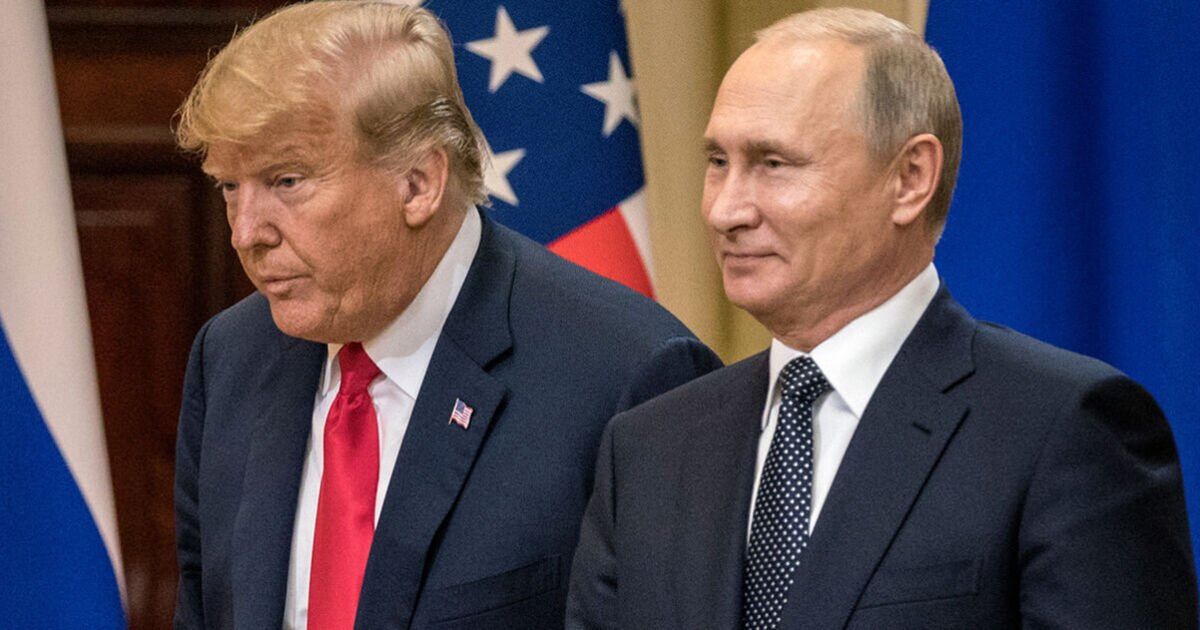Preparations for a meeting between Russian President Vladimir Putin and US President Donald Trump are at an “advanced stage”, Russian state news agency RIA has claimed.
The state-owned news agency quoted senior lawmaker Leonid Slutsky, who is head of the Duma’s international affairs committee.
Mr Slutsky claimed the meeting could take place soon, as early as in February or March.
This comes just days after the inauguration of Mr Trump’s second term at the White House, on January 20.
During his inauguration in Washington DC, the US leader called on Putin to begin talks to end the war in Ukraine.
Speaking to reporters in the Oval Office, he said: “He should make a deal. I think he’s destroying Russia by not making a deal.
“Most people thought that war would have been over in one week. I think he’d be very well off to end that war.”
He added he was planning to meet with Putin, albeit he didn’t provide a timeline.
Mr Trump added: “I got along with [Putin] great. I would hope he wants to make a deal.”
The US President has threatened the Kremlin tyrant with a new round of sanctions if he doesn’t stop “this ridiculous war.”
The White House is stepping up its efforts to bring about a ceasefire and is expected to reveal the blueprint of its plans next week at the Munich Security Conference.
According to Bloomberg, the White House plan includes potentially freezing the conflict and the territory occupied by Russian forces, while giving Ukraine concrete security guarantees that would prevent a future Russian attack.
Ukraine‘s President Voloymyr Zelensky has expressed his confodence in Trump’s ability to broker a ceasefire, although the Kremlin has shown little interets in ending hostilities so far.
Zelensky said he would demand that US troops form part of any Western peacekeeping force sent to police any future ceasefire.
In a post to his X social media channel, he wrote it was “crucial” that any security guarantees in a peace deal involve the United States, Europe and Britain.
He said: “Security guarantees must involve the United States as the most significant guarantor, alongside Europe, including the EU and the UK.
“This is crucial. Only together. Whether it’s a contingent, weapons, naval presence, personnel, or air defence systems—it must be a joint effort between the US and Europe.”


